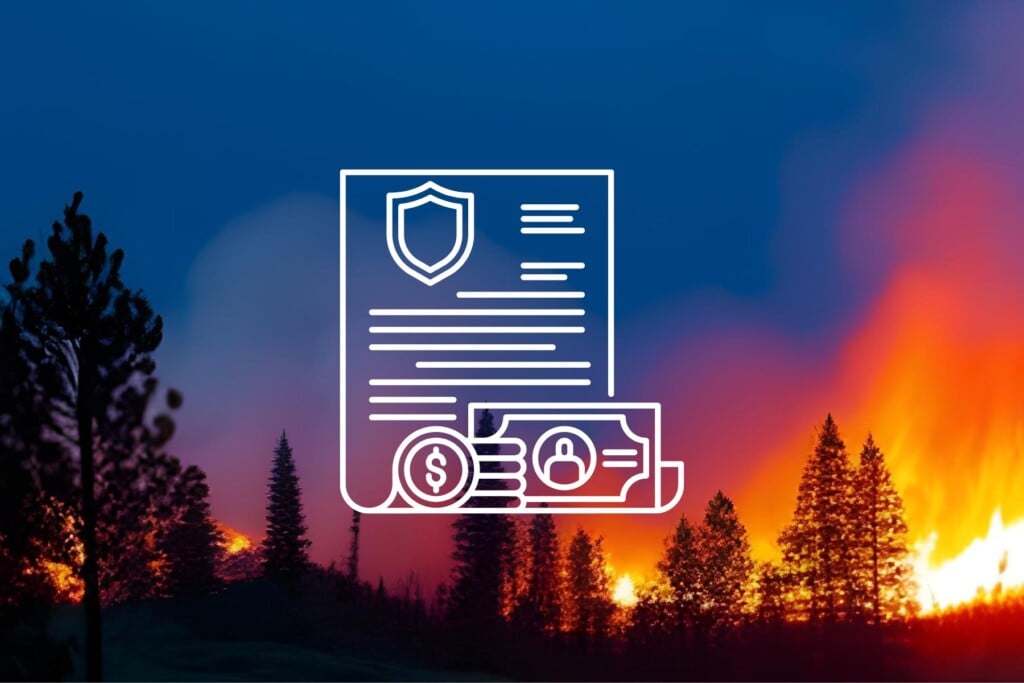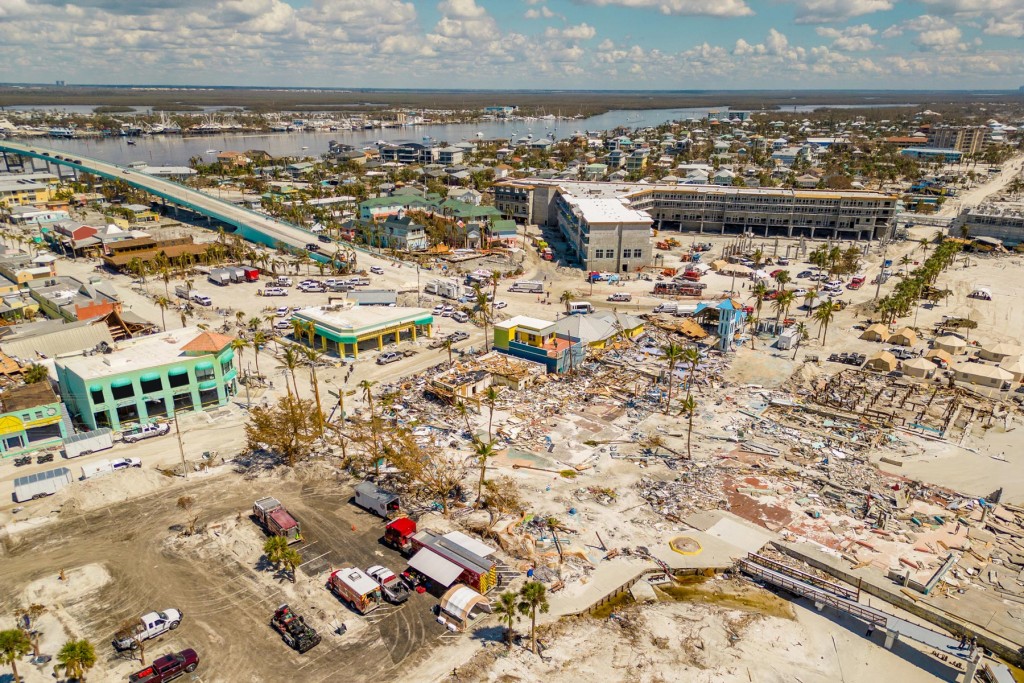Insurance Shake-Up in Hawai‘i

Local expert foresees big changes in some premiums – up or down depending on companies’ situations – plus interest by businesses in newer forms of insurance
COVID-19’s transformation of the economy has extended to the insurance industry and its local customers.
Russell Park, senior VP and sales leader of Atlas Insurance Agency’s business insurance unit, has over 30 years of experience in the insurance industry locally and in California. He explains how some of those changes will affect businesses in Hawai‘i. This interview was edited for clarity and conciseness.
Q: What will a “hardening insurance market” look like for Hawai‘i?
A hardening insurance market means insurers will raise premiums, increase deductibles, provide less limits and narrow coverage by slapping on exclusions or restrictions. Often, insurers will simultaneously use a number of these mechanisms to arrive at a premium commensurate with the risk. In more extreme cases, insurers will simply not renew a policy, because they no longer like the risks involved.
While the property and employment practices liability insurance sector has been hardening for the last few years, the rest of the casualty insurance marketplace has joined in. It wouldn’t be unusual for premiums to increase anywhere from 20% to 50% over last year’s premiums.
With regard to the pandemic, it is early in the insurance game, but we have seen a surge in inquiries regarding business income-related losses and potential claims under the general liability insurance and workers’ compensation insurance.
Insurance carriers for the most part have been denying claims for business interruption/income losses and are reviewing their exclusions for general liability and workers’ compensation insurance. Most policies never anticipated this type of loss and the insurers did not intend for coverage to extend to the pandemic claims we are encountering. Insurers are monitoring to see if court rulings will affect their coverage decisions. Furthermore, with the sagging investment market, insurers are tightening their belts and considering even greater premium increases and more coverage restrictions than before.
How is Hawai‘i’s current economy affecting insurance carriers and the insurance market?
With so many businesses closed, insurance carriers are being asked to review the premiums they charge. For example, hotels usually pay an estimated general liability premium based upon their estimated annual revenues and an estimated workers’ compensation premium based upon their estimated annual payrolls.
Since the pandemic in March, payrolls and room revenues have plummeted, prompting hotels to ask for lower premiums. This is certainly causing the same issues for insurers who handle restaurants, tourism-related businesses, retail, etc. In Hawai‘i, most insurers will reduce premiums especially for general liability, workers’ compensation and auto coverage.
With regard to the property and directors and officers lines, the economic environment is causing insurance carriers to closely monitor the legal claims environment since adverse rulings might cause a significant surge in claims, which will intensify the “hardening” market.
Customers might start to use risk management strategies that protect them from risks associated with global pandemics and climate change. Large insurance brokers like Atlas have offered parametric insurance for years now. Parametric insurance offers solutions that traditional insurance products may not achieve.
It is important to point out that parametric insurance solutions are not designed to replace, but to complement existing insurance programs. They can fill the protection gaps left by indemnity insurance like deductibles, excluded perils, scarce capacity or pure financial risks where the insured has no control over the underlying asset – for example business interruption.
How are low interest rates affecting insurance carriers and the insurance market?
Today’s low interest rates add pressure for insurance carriers to increase their rates. Carriers are profitable based upon premiums they earn and the income from their investments being greater than their losses and expenses. When interest rates are low, insurers depend more on premiums being greater than their losses and expenses. This requires more emphasis on accounts with good loss ratios or loss histories.
Why will carriers begin issuing more restrictive exclusions or be more selective about the businesses they insure?
In a nutshell, the marketplace has hardened because insurers are unprofitable. To make it more equitable, insurers must raise premiums, reduce loss payouts or both. They reduce loss payouts by increasing deductibles, lowering limits and adding more restrictions and exclusions, thereby covering less.
As I said earlier, most insurance carriers did not anticipate a pandemic affecting their policies. They certainly did not include any of this in their rates or premiums.
Insurance carriers doing business in Hawai‘i are reviewing their policy terms and conditions to determine their potential exposures from this pandemic. Each will determine how their current policy wording will address this situation.
Until some of the legal suits on the Mainland are resolved, it is hard to know how each carrier will issue exclusions. We do know that several carriers have started to issue virus or contamination exclusions to address the pandemic.
You mentioned movement at the Hawai‘i Legislature for laws regarding coverage. Can you describe those discussions?
Many business associations nationwide have begun pressing their respective legislatures to consider laws expanding coverage for business income losses from the pandemic. We have heard that Hawai‘i business groups are pursuing similar legislation. Certainly, much of this action will be based upon the outcomes of court cases now filed (cases in Louisiana and Boston have been cited).
We feel any formal action will depend on current court cases. One idea is to require insurers to pay for the business income losses caused by the pandemic. Insurers are pushing back hard, saying that forcing them to retroactively change business interruption insurance contracts to cover pandemic and virus losses could undermine the nation’s insurance system.
The insurers did not intend to cover these kinds of losses, therefore the insured were not charged premiums for that risk and insurers did not reserve or hold capital against the potential future loss. If insurers are forced to cover these losses, commercial insurers would experience significant economic strain and/or insolvencies. If the insurers lose their reserves or go insolvent, they will not be available to cover claims that are actually intended to be covered.






